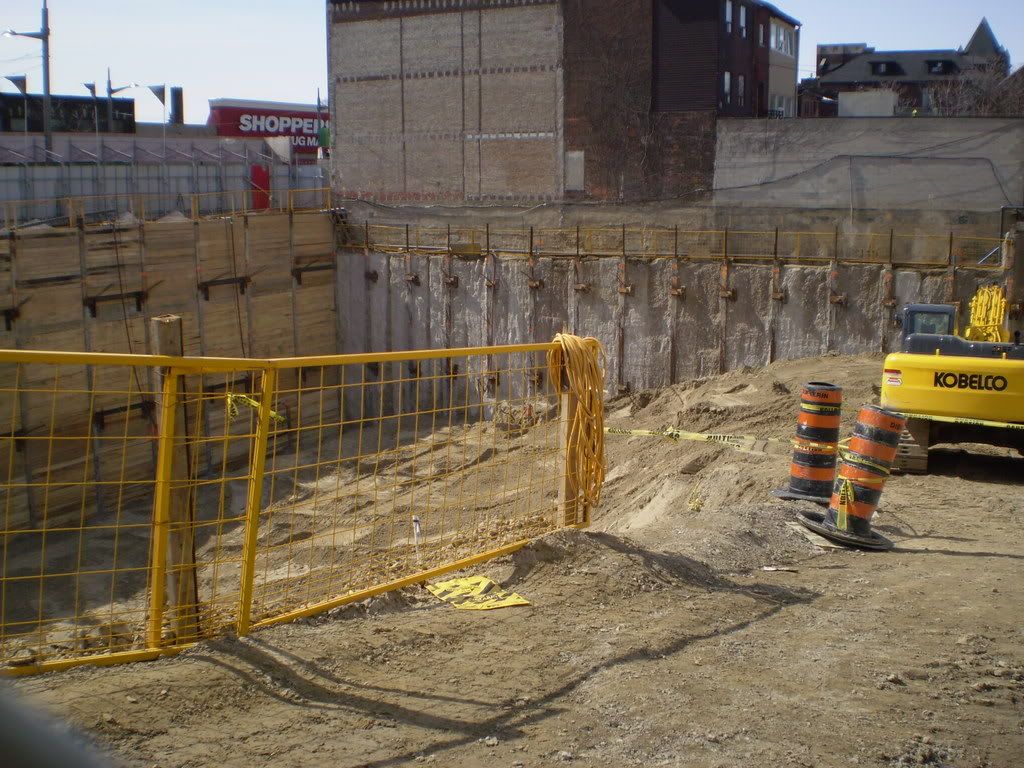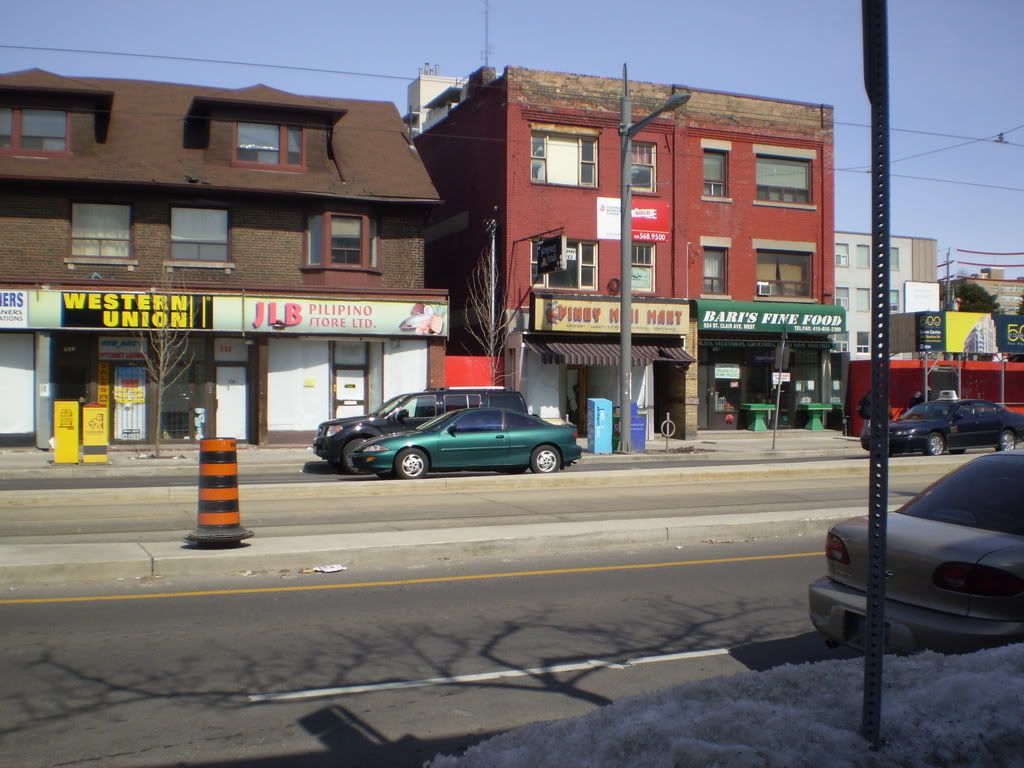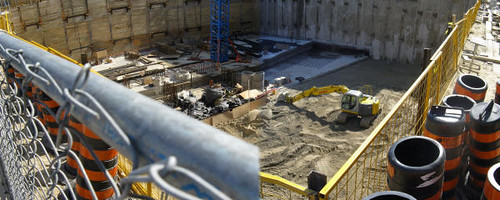Roundabout
Senior Member
500 St. Clair West, North-West corner of Bathurst and St. Clair:
http://www.theforesthill.com/
Excavation is in full swing

Also, most of the storefronts to the west of the construction are closed.
Could be for phase 2:

http://www.theforesthill.com/
Excavation is in full swing

Also, most of the storefronts to the west of the construction are closed.
Could be for phase 2:

